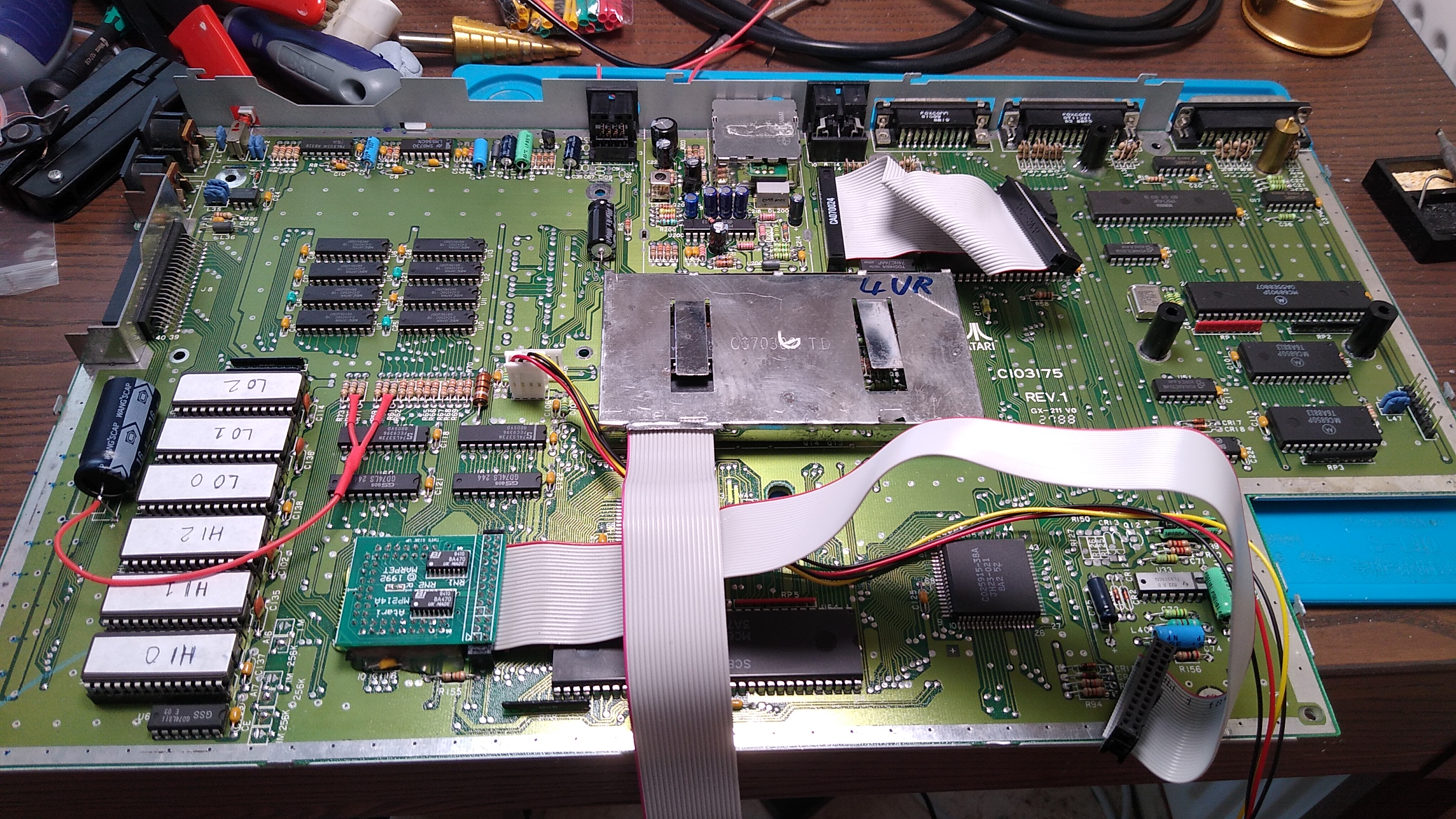I recently attended a presentation given by Microsoft to my multi-academy trust which outlined a bunch of flavours of Copilot in the works that they are intending to sell to schools, primarily as a substitute for one-to-one tutoring. As if these bullshitting text prediction models weren't bad enough when poluting web content with nonsense assertions, we are now going to automate misinformation in education? This is, to me, a completely terrifying prospect.
SanguineBrah
I see this all the time when the person first learned to type on a touchscreen keyboard.
As an IT technician in a school, I have to repair Chromebooks of many different models on a regular basis, mostly from Dell and Lenovo. I haven't seen one that I would consider durable yet. All of them use butterfly switches that break when a child rips off the keycap, meaning the whole keyboard has to be replaced. It is also common for the brass inserts into which the hinges are screwed to pop out of the plastic on most models due to rough handling. We also had one Lenovo model where almost every device we put into service developed a no power issue due to the same ceramic capacitor going short. Of course, the display panels are just normal panels that crack when struck - that is probably the most common damage we have to deal with.
I haven't played around with SD adapters but there is a common problem with compact flash cards that gives the same symptom. They won't be bootable until you fire up DOS 6.22 and run FDISK /MBR, which is an undocumented command which gives no output but fixes the boot record. I would focus on getting the floppy drive working or buy a gotek so you can boot floppy images from USB and get into DOS that way.
Shoutout to John Newcombe's live viewdata service, Telstar. Instructions on how to connect from various platforms are on his website. I often dial in with my BBC Micro to catch the latest news headlines.
You can buy a C64 DIN video cable that will put out s-video, composite video, and audio. From there, you will need a converter box to go from s-video or composite to HDMI. There are cheap and crappy converters and there are better expensive ones but the C64's video output is never going to look amazing anyway.
Alternatively, you can skip the converter box and buy an old TV with s-video input instead.
I'm not interested in programming for it myself so the way I see it, its desirability very much depends on network effects and whether it gets a big enough user base and software library. I think there is a good chance of that happening but I keep seeing new projects muscling in on the same space like the Foenix computers and the Agon which makes it less likely that any one of them will be a thriving 'platform'.
I think you've probably found the cheapest you'll get in Europe. When I want genuine obsolete parts from China, I usually go to Utsource rather than eBay or Ali.
Most likely your remarked chips are real 68000s, especially because the package is not used for much else. They often re-mark chips to make them look like they have a higher rating or simply to give the appearance of being new even though they are perfectly good ICs. It sucks, but they can often be used reliably.
I wish I could remember but I know we were quite late adopters so it would have been reasonably fast. My family first got a modem because my brother was stuck at home with a long term illness so he was tutored remotely over telnet for a while.


All I want is more non-flat themes.